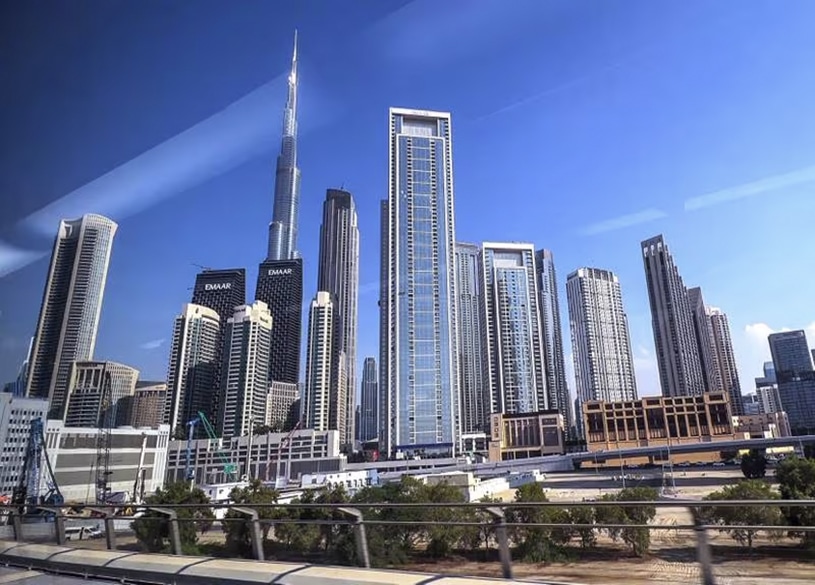Dubai remains a powerhouse in the Gulf Cooperation Council (GCC)’s real estate sector, contributing more than half of the region’s impressive $171.6 billion transactions in 2023. Forecasts indicate that Dubai will maintain its dominance in the region’s thriving real estate market throughout 2024.
Review for 2024: Insights and Predictions
Analysts at Kamco Invest suggest that established developers in Dubai and Riyadh, backed by solid financial stability, are well-equipped to adapt swiftly and introduce suitable property types to the market. However, they caution that real estate supply in various segments might face challenges due to broader market conditions in 2024.
Residential Sector: Strategies for Success
Developers in Dubai and Riyadh focusing on strong brand presence, diverse property offerings, and flexible payment plans are expected to witness substantial success in selling their new launches, particularly in the build-to-sell (BTS) portfolio. Additionally, office markets in these cities are anticipated to remain robust as they compete for regional headquarters (RHQ), given the limited supply of Grade-A office spaces.
Diverse Sector Performance: Retail, Industrial, and More
The retail sector is expected to thrive in super regional malls and community-linked malls in key markets, maintaining high occupancy rates and effectively managing tenant risks. Moreover, specialized warehouse spaces are projected to be in high demand in 2024, leading to increased rents and widening the gap with lower-quality spaces.
Regional Overview: UAE and Saudi Arabia Leading
The GCC currently hosts significant real estate projects worth $1.36 trillion, with the UAE contributing 21.6% and Saudi Arabia holding the lion’s share at 64.5%. These figures underscore the immense potential for real estate development and investment in the region.
Transaction Trends and Market Dynamics
Dubai accounted for over 52.1% of the GCC’s real estate transactions in the first ten months of 2023. The substantial growth in Dubai’s real estate transactions, rising by nearly 57% year-over-year, was primarily fueled by aggressive pricing strategies from leading developers and high demand for luxury properties and homes valued above Dh5 million.
Forecasting for 2024 and Beyond: GCC Real Estate Market Expansion
The GCC real estate market continues its upward trajectory, having surged to $4.43 trillion in 2023. Forecasts remain optimistic, projecting a steady compound annual growth rate of 2.65% through 2028, with an anticipated market volume reaching $5.05 trillion.
Key Drivers: UAE and Saudi Arabia Spearheading Growth
The primary impetus behind this regional surge persists in the UAE and Saudi Arabia. In the UAE, the real estate sector remains a pivotal contributor to GDP, accounting for 5.5% of the total and serving as a cornerstone in the country’s ongoing economic diversification endeavors.
Insights and Trends Shaping 2024: CBRE’s Latest Findings
CBRE’s recent “2024 Middle East Real Estate Market Review” underscores exceptional price growth observed in Dubai and Riyadh, surpassing regional averages. Notably, the UAE stands out as the sole market that experienced both price appreciation and increased transaction volumes across all cities and industries throughout 2023.
Conclusion:
In conclusion, Dubai’s real estate sector stands as a formidable force within the GCC, showcasing robust growth and dominance in transactions throughout 2023 and projecting continued strength in 2024. With strategic insights into market dynamics, anticipated sectoral trends, and the pivotal roles of the UAE and Saudi Arabia in driving regional growth, the trajectory appears promising. The adaptability of developers, coupled with evolving consumer preferences and market demands, suggests a resilient and dynamic landscape ahead. As Dubai retains its position as a key player in the GCC’s real estate market, the prospects for sustained expansion and innovation remain bright, promising continued opportunities and evolution in the coming years.





